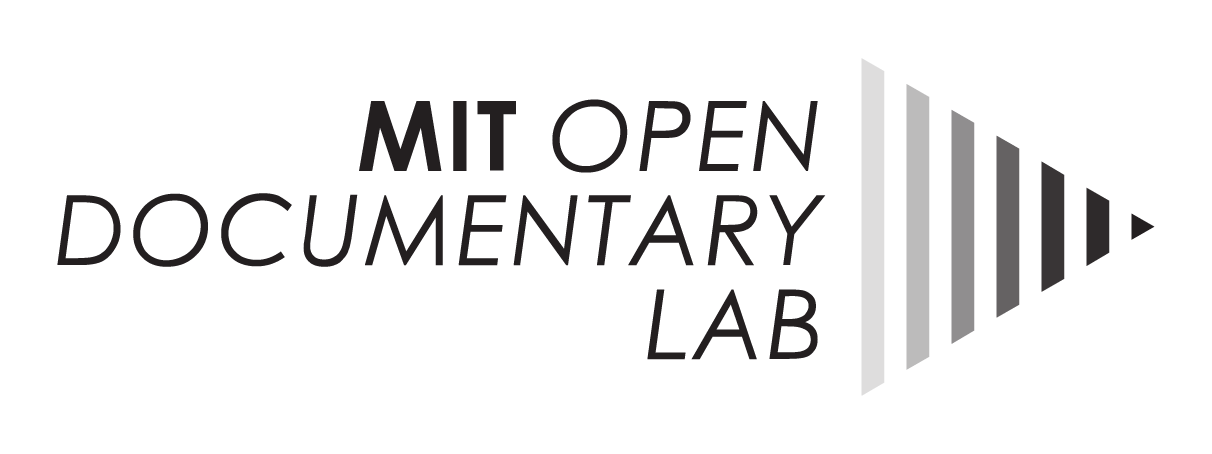
20 Jan COME/IN/DOC |Collaboration Definition [Part 2]
SEASON 2 – EPISODE 2 – PART 2: ‘COLLABORATION DEFINITION’
Here you can access the second part of the second episode:
[vimeo width=”580″ height=”330″]https://vimeo.com/176952614[/vimeo]
SELECTION OF KEY IDEAS (DIRECTOR’S CONTRIBUTION)
Sharon Daniel (University California Santa Cruz): Collaboration means a lot of different things: you can collaborate with someone else in making a project, or you can collaborate with someone who’s providing the story, to quote some of the processes.
Yasmin Elayat (18 Days in Egypt): I see collaboration as the soul of our project 18 Days in Egypt. Generally speaking, it is about giving agency to your audience, but I see it as the next level of interactivity and the highest form of it.
Jonathan Harris (Number 27): It really depends on the creative process and the execution. I’m probably not one of these collaborative people, my work is solitary. The only person I’ve really collaborated with is Sep Kanvar in the process of doing We feel fine, and it was quite good, two peers collaborating together. Collaboration only works when the chemistry between the two sides is perfect…
Katie Edgerton (MIT Open Documentary Lab Alumni): Collaboration means working together and different voices and perspectives enriching the story, although it’s important to keep an authorial voice.
Gerry Flahive (Modern Story): I don’t think how we work together requires a new way of understanding. From my producer’s perspective, it’s about assembling different kinds of teams. I find linear documentary highly collaborative: there are different roles involved, support and there’s a drive to work together. It’s about building different kinds of teams.
Eva Dominguez (Minushu): People from different fields need to collaborate more, we need to merge backgrounds and disciplines. We can also collaborate with the audience, because the distance between roles and fields is not so big anymore.
Paul Levinson (Fordham University): It could be through the producer and/or the people. I’m a very selfish guy and don’t like to collaborate with others, but I recognise that some of the greatest things in the world have been the result of collaboration.
Sandra Gaudenzi (Interactive Factual): This is one of these terms that has been overused. For me collaboration is about stepping inside the production level of the interactive docs: adding content, being able to be part of the idea, etc. It is often related to the idea of user generated content. One successful example of collaborating with the subject is Highrise, or in relation to being part of the idea, maybe Global Lives is a good example.
Add your contribution here: http://comeindoc.com/contribute/
Website: http://comeindoc.com
Dr. Arnau Gifreu
COME/IN/DOC Director
Research affiliate
agifreu@mit.edu



